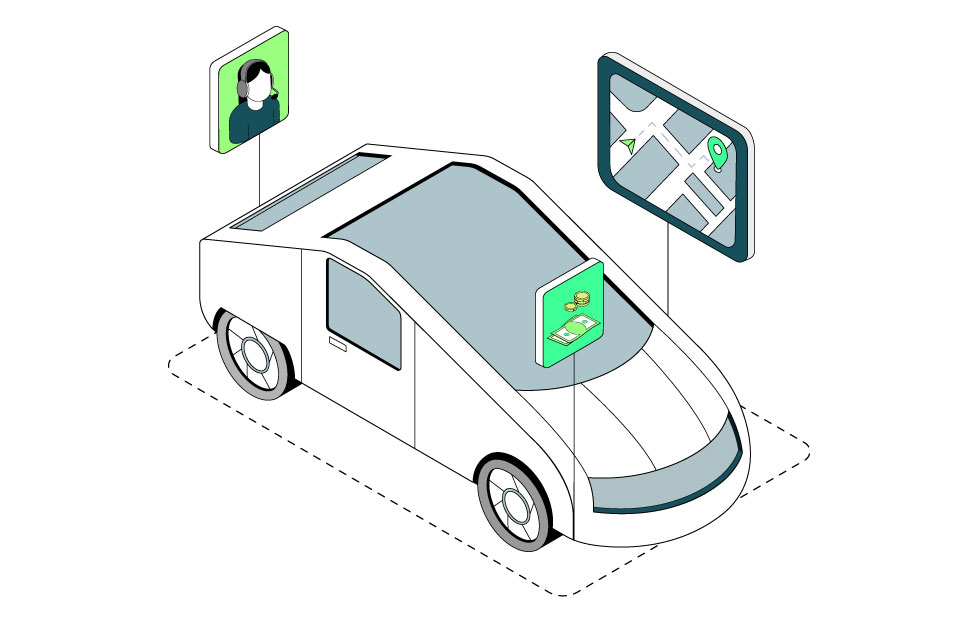I am becoming concerned that we are facing into a perfect storm and need to rethink our expectations and responsibilities as employers, customers, employees – to meet the challenge and find a new, more cohesive dynamic that enables us to achieve a much brighter future for all.
There is a real opportunity for businesses that put the customer experience at the heart of what they do, but we need to be realistic about where we are now and start to really understand what we need to achieve as businesses and our wider society.
A combination of challenges
Despite the obvious positive impact of the vaccine programme, we are not out of Covid yet and autumn/winter is fast approaching. Covid doesn’t just remain a health threat: it has had an enormous impact on staff shortages and production issues and to this we can add the ramifications of Brexit, which is exacerbating supply issues and adding to what is becoming an acute staff shortage problem.
Just this last week we had announcements that UK car production fell to its lowest level since 1956, the result of the global microchip shortage and the ‘pingdemic’ affecting staff availability. We are all aware that staff shortages are especially pronounced amongst HGV drivers and the hospitality trade. Of course, the hope is that these issues will ease to manageable levels in the coming weeks and months and won’t become a long-term crisis.
However, society is probably more polarised than ever, with some groups having built up significant financial reserves and other sections really struggling. We also have increasing impatience amongst customers who are fed up with ‘because of Covid’ excuses and putting up with delays to goods and services. Abuse of service staff is a pressing and widespread issue which is increasing. We have a more anxious society in general, including anxious employees who are uncertain about what the future holds.
Opportunity for us all to reset
But for me, all of this could present a real opportunity to reflect and reset.
How can we do this? The first step is perhaps to recognise that we all, on every side, have to give a bit rather than just take.
For organisations, that means firstly being open and upfront with customers to help manage expectations. If something may not be delivered for 10 weeks, they need to say so and provide regular updates to keep the customer fully informed. Proactive communication, combined with a continuing focus on the principles of service excellence, is critical. It’s also crucial to think laterally and give choice to the customer through better alliances and working through a more extensive ecosystem of connected organisations.
Organisations also have a significant responsibility towards their service staff. We have an opportunity to drive forward the customer service profession, valuing the critical role customer service plays through ensuring individuals are fully trained and developed with a clear career path so that they feel valued and connected to the organisation. Investing in staff has never been more critical if we want smooth-running organisations.
But it’s not just a one-way dynamic. Employees need to continue to think creatively to keep delivering the best of themselves and, despite being tired, continue to be flexible to help the organisation meet its goals. There is also a fair debate and discussion to be had between employees and employers to find a middle ground that works for businesses and all employees going forward to work through the best way to deliver.
As customers, meanwhile, we have all become so accustomed to having everything on demand, even when we don’t need it urgently. Over-consumption and instant fulfilment go against the grain of ESG and sustainability, which are so important to many of us and our future. Maybe the time has come for a re-evaluation. There needs to be a greater awareness of the trade-off at play: you can have something tomorrow, but it’s going to cost you more; or you can wait longer, or buy locally, and help ease the strain on supply chains and the planet. There must also be a recognition that excellent service and customer experience are not free! They should be valued and respected in their own right.
A virtuous circle
I believe there is an excellent opportunity in front of us. If we all pause and take stock, we can redefine service in the UK and the inter-relationships between businesses, customers and staff. Instead of a downward spiral, we can create a virtuous circle – a self-fulfilling prophecy – of excellence, understanding and respect that leaves everyone, on all sides, in a better place.



